Democrats failing to capitalise on Donald Trump’s delusion
Out of office for almost 18 months, Donald Trump is more popular than he has been in years. If talking about January 6 is the Democrats’ strategy for undermining him, it’s not working.
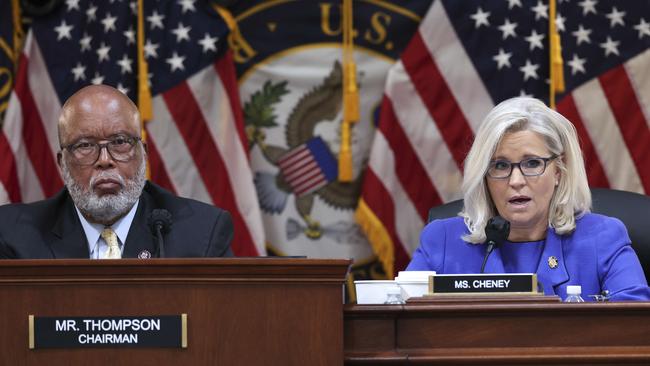
In the first two of a planned series of live events, witnesses and committee members revealed the former president was obstinate, egomaniacal and overbearing. Can you believe it?
He believed the 2020 presidential election was “stolen” and told everyone about it repeatedly, ignoring saner counsel from close family, friends and his most trusted staff. The billionaire former star of The Apprentice was even “detached from reality”, according to one of his last attorneys-general, William Barr. He sat for hours in the White House while an unruly mob of his supporters, whom he’d convinced without serious evidence that Joe Biden was illegitimately elected, invaded the Capitol building.
“We know they were there because of Donald Trump,” committee chairman Bernie Thompson, a Democrat from Mississippi, gravely intoned. Not only were the January 6 protesters in Washington because of Trump, but some of them had given their money to his campaign to fight the result, funds that have since been used for Trump’s broader political purposes.
Incredibly, some of Trump’s staff thought he had been ripped off and some didn’t.
Trump behaved appallingly after his defeat on November 4, 2020, tarnishing an otherwise successful presidency. But we all knew that before the first hearing kicked off last Thursday.
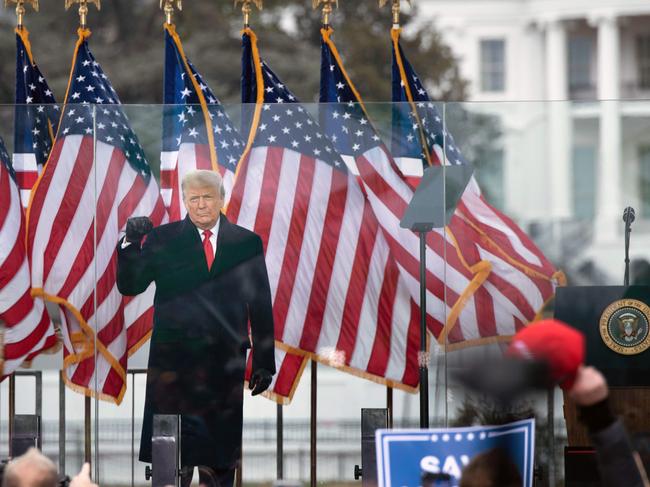
Thompson said on Monday that he didn’t intend to recommend criminal charges against Trump, who could be convicted of two charges, according to the Brookings Institution: “conspiracy to defraud the US” and “obstructing an official proceeding”.
To be fair, the nine members (seven Democrats and two anti-Trump Republicans) are a third of the way through their program, but unless a committee that has leaked like a sieve has been able to keep a smoking gun under wraps, it’s unlikely to shift the political dial, especially at a time of soaring inflation.
It is more interested in the court of public opinion, in any case. And on that score the committee has its work cut out for it.
About 40 million Americans watched Biden’s (rather boring and uneventful) State of the Union address in March, double the number that tuned into the first January 6 hearing.
The share of Americans who say Trump was responsible for the January 6 riots has fallen from 52 per cent in the immediate wake of the Capitol Hill invasion to 45 per cent in May, according to an NBC poll.
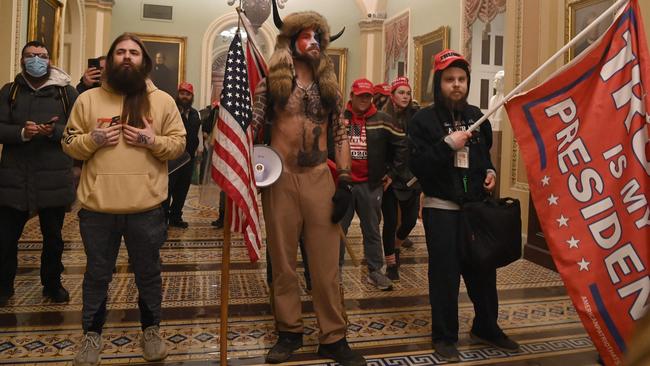
More generally, the share of US voters who have a “very favourable” view of the former president has increased slightly from 26 per cent in February, according to polling conducted by the University of Texas at Austin in April.
Last month the gap between Trump’s favourability and unfavourability ratings had, according to RealClear Politics, become lower than at any time since the beginning of 2016.
Trump remains a kingmaker, the de facto US opposition leader. With only 20 per cent of the vote counted as of late Tuesday night, and in the wake of two January 6 committee hearings, Trump-backed Russell Fry was poised to oust veteran Republican Congressman Tom Rice in a closely watched South Carolina primary in the lead-up to the November mid-terms.
Almost all of Trump’s picks so far – with the notable exception of 26-year old Madison Cawthorn, who was humiliated by series of leaked, risque social media videos – have won their primary.
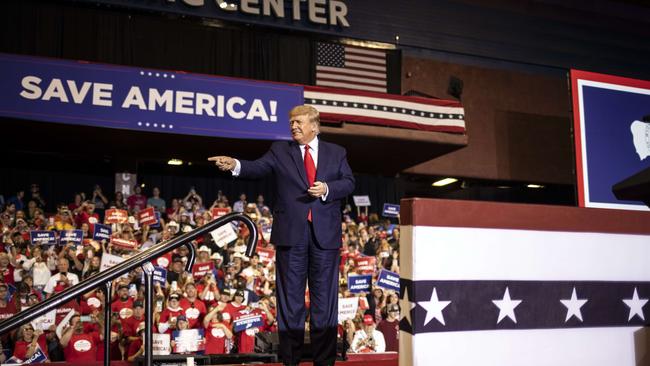
The committee is trying to create the impression that Trump couldn’t possibly have believed he had lost the election, given the weight of evidence and the sheer number of advisers who dismissed his various theories about biased voting machines and ballot harvesting. If he believed he had, in fact, lost, then his behaviour would look even worse.
But if the January 6 committee can try to reverse engineer Trump’s beliefs based on circumstances, surely the same could be done for the riot itself?
If Trump were seriously trying to stay in power illegally, in effect to mount a coup, why would this savvy businessman, who’d made his career out of understanding human nature, been party to such a pathetic attempt?
Real coups involve the military, which in this case didn’t have the faintest idea about the rabble that spilled into the Capitol Building, facing little opposition, on January 6. And Trump already knew that Mark Milley, the chairman of the Joint Chiefs, loathed him. Coup of 18 Brumaire January 6 was most certainly not. If the US Constitution was stress-tested by Trump, then it passed with flying colours.
Trump, as it’s now abundantly clear, took losing the presidency very badly. He remains incredulous that Biden, who campaigned little outside his home because of Covid-19, won not only more votes than Trump did in 2020, but 16 million more votes than either Hillary Clinton did in 2016 or the then wildly popular Barack Obama did in 2012. But he must fail to appreciate how much anger his policies and personality induced. In an optional voting system, strength of feeling among voters will affect turnout.
Democrats have so far failed to capitalise on Trump’s delusion. Out of office for almost 18 months he is more popular than he has been in years. If talking about January 6 is the Democrat strategy to undermine Trump’s popularity, it’s not working.





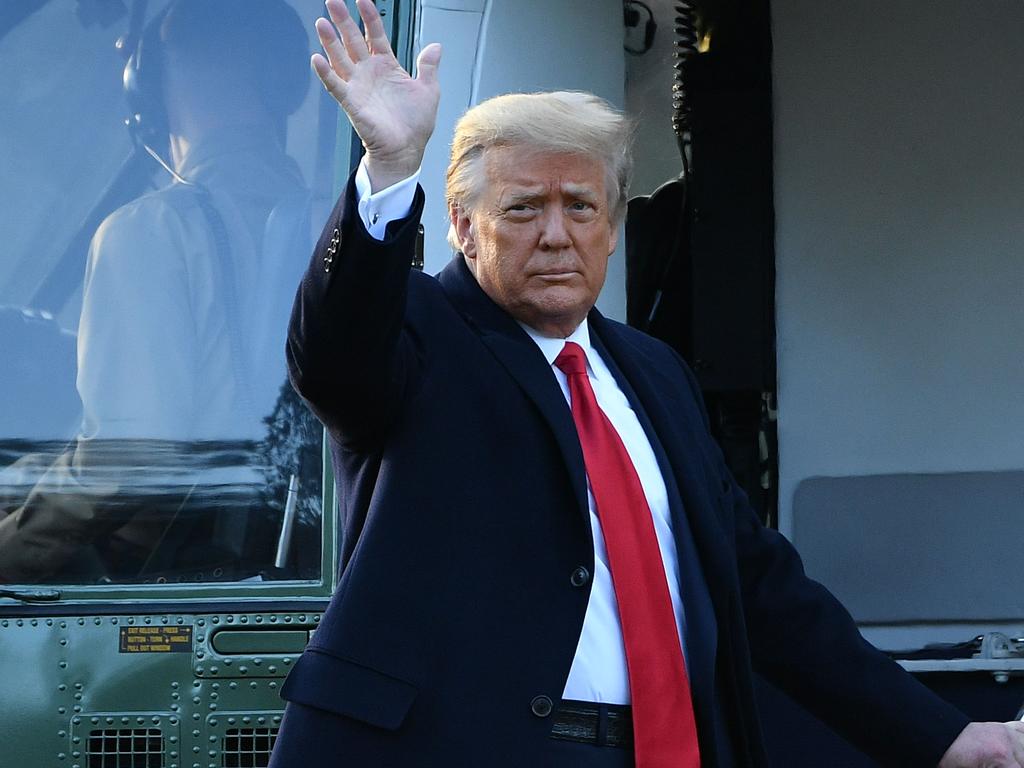


The highly anticipated public hearings of the US Congressional January 6 Committee, charged with investigating Donald Trump’s role in the Capitol Hill riots of 2021, has made some shocking revelations.